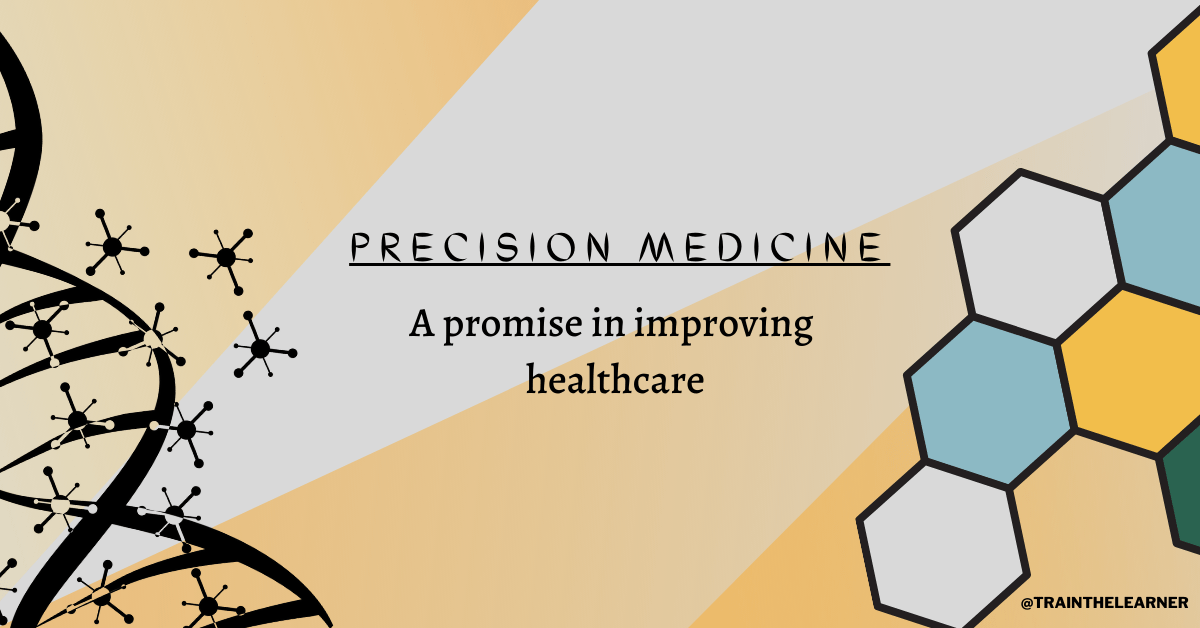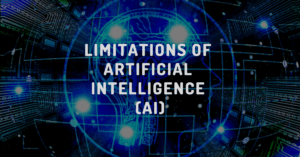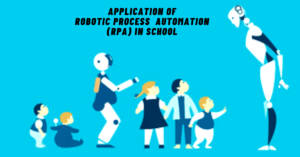Precision medicine is based on the genetic knowledge of patients and creates plans accordingly. Many health conditions run in families, but everyone has a different genetic condition. Diseases have different prevalence, and it requires a lot of trials and effort to find out an exact drug that works for you. In positive steps toward the healthcare industry, technological initiatives make tremendous effects on society in the past few years.
About Precision Medicine
Precision medicine is also known as personalized medicine due to the close link to who you are. Precision medicine is considered a powerful tool in the treatment of rare diseases. Doctors look at the genes, lifestyle, surroundings, and features of the disease to decide the best therapy option. In 2015 Obama’s administration launched a research movement for precision medicine in the US. The stated research movement was mainly to change the approach to disease prevention and control. The healthcare industry is rapidly adopting precision medicine. It should work more on it due to its increased benefits and high need.
Need for Developing this System:
In today’s fast-moving world, the need to adopt a precision medicine system is to make work efficient. The adoption could also lead to decreased wastage or irrational use of medicine. Specific gene changes cause disease, and what makes one person’s heart disease, diabetes, or cancer act differently from another. So this system is required to detect genes, and it also provides a better treatment of the diagnosed disease. Moreover, we get to know unnecessary medicines to minimize side effects. In addition to the above, we can also find the precise amount of dose at the right time. In brief, the correct and proper intake minimizes the irrational use of the required medication.
Use of Precision Medicine:
The uses of precision medicine go a step further than standard medicine. There are many diseases linked to genes, for example:
- Women who carry the BRCA1 or BRCA2 gene mutation are at higher risk for breast cancer. We can identify these genes through precision medicine, and pretreatments could result in good outcomes.
- Before the blood transfusion, doctors match the donor’s blood to the recipient’s to ensure compatibility.
- A gene test can predict the recipient’s acceptance or rejection of a transplanted organ in a heart transplant.
- The diagnosis to find out the gene in Cystic Fibrosis is essential in understanding the disease while targeting the treatment and follow-up.
Potential Benefits:
Following are some of the benefits of Precision Medicine:
- It is more accurate and specific.
- It shows fewer side effects. Patients take targeted drugs that act directly on the disease and don’t affect the entire body.
- Outside of genetic medicine, digital platforms provide a quick, stable, and cost-effective way to manage system-wide operations.
- It provides better integration of electronic health records (EHRs) in Patient care. Consequently, improved integration makes medical data more accessible to doctors and researchers.
- The variant of the germ can identify genome sequencing, which shows the DNA fingerprint of the embryo.
How it is Helpful:
Precision medicine in the healthcare system could help maximum people in the following ways:
1. Disease Risk
To tell the risk rate of developing the disease.
2. Find Disease
To find out the severity of diseases. You can test yourself and get a result.
3. Target treatments
The targeted drug and dose one has to take to treat disease and lessen side effects.
4. Monitor response
To find the effect of a drug on the body.
Precision Medicine – Shaping the Future:
The advancements in the healthcare system are always beneficial. Advanced diagnoses occur using Artificial Intelligence and machine learning to lead to earlier treatments. Improvement in technology leads to the launch of different apps in the healthcare industry. The newer development of apps shows databases of different genetic variants of organisms. Besides, the database will help medical workers to work more on precision medicine. Hence, other genetically acquired diseases and infections like Diabetes, CVS Diseases, Hepatitis cases, cancer chances, etc., could be better managed.
Check out this link for the infographics you might be interested in
Conclusion:
To summarize, precision medicine is a new approach to medicine. However, advancements in the healthcare system are turning this dream into reality. The Healthcare system prefers this approach, focusing on the cause of illness rather than just treating the symptoms. Doctors could suggest an accurate dose by focusing on patients’ genes, disease, environment, and lifestyle. Doctors can diagnose breast cancer and manage and treat it early. Another reason for its preference is that it lowers treatment duration.
To conclude, precision medicine removes unnecessary medications and diminishes side effects. These all things reduce unnecessary burdens on the patient and the healthcare system. Better genome database apps will contribute to the future work of precision medicine.
You can visit our Blogs & Write-ups section for short writeups on different topics.
For quick learning on the Potential benefits of Precision Medicine, check this out.
To join the Learning dots, follow us on Twitter, Facebook, Instagram and LinkedIn
[This article is written by Farah Ahmed during Train the Learner’s 4 weeks Training Program as an Article Writer]




